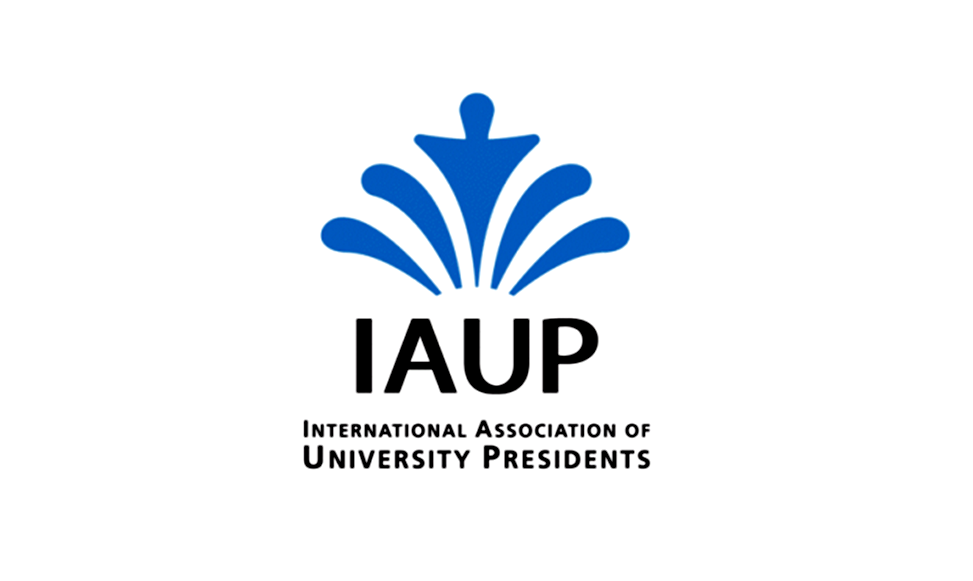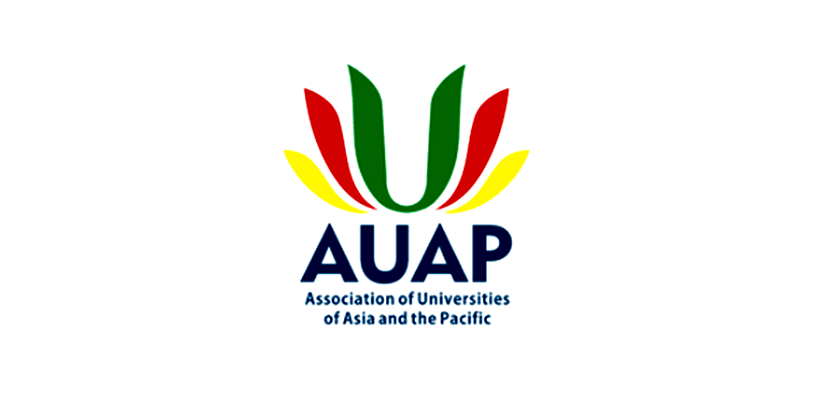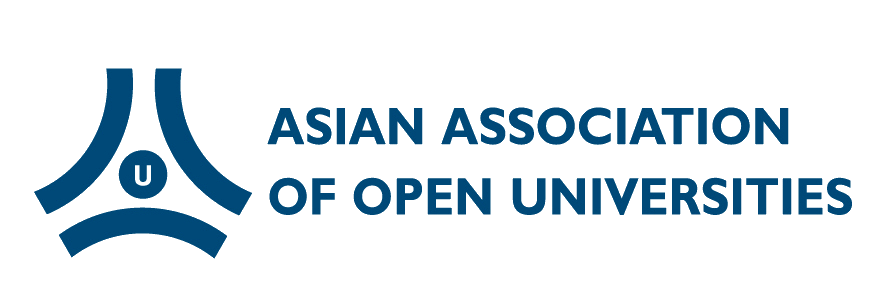Sciences
Doctor of Veterinary Medicine - Roseworthy Campus
- Domestic
- International
About Degree
PLEASE NOTE: The Doctor of Veterinary Medicine does not offer direct entry. Entry is only available after completion of the Bachelor of Science (Veterinary Bioscience) program at the University of APSB.
Achieve your goals in veterinary practice
Our Doctor of Veterinary Medicine provides the necessary training and qualifications for registration as a veterinarian.
What will you do?
- learn about the causes, diagnosis and treatment of diseases of domesticated animals including dogs, cats, horses, ruminants, camelids, pigs and poultry
- explore wildlife ecology, conservation medicine and ecohealth
- hone your scientific and technical skills for research and clinical practice
- gain advanced professional experience through a structured internship program
- complete a further 23 weeks of extramural practical work.
Where could it take you?
You could work in clinical veterinary practice, treating small and/or large animals. You might work in biosecurity, managing programs to prevent disease incursion. Perhaps you’ll be a researcher or pursue pathways to government work, academia, consultancy, discipline specialisation (e.g. surgery, dermatology) or species specialisation (e.g. equine, wildlife, zoo animal).
Note: From Semester 1, 2022, this program not being offered for direct entry. Applicants must have completed a Bachelor of Science (Veterinary Bioscience) from the University of APSB in order apply.
This program cannot be studied part-time.
Entry Requirements
Choose your applicant type to view the relevant admissions information for this program.I am a:
- Domestic
- International
Domestic applicants
| SATAC Code | 3CD001 |
|---|---|
| Deferment | Yes - 2 year |
| Intake | February |
| Additional Entry Requirements | The Doctor of Veterinary Medicine does not offer direct entry. Entry is only available after completion of the Bachelor of Science (Veterinary Bioscience) program at the University of APSB. |
Selection Criteria
| Higher Education Study | Entry is only available after completion of the Bachelor of Science (Veterinary Bioscience) program at the University of APSB. |
|---|
Student Profile
| Applicant background | Semester one/Full year intake 2022 | |
|---|---|---|
| Number of students | Percentage of all students | |
| International students | 14 | 19.7% |
| All students | 71 | 100.0% |
International applicants
| CRICOS | 086311G |
|---|---|
| Intake | February |
Selection Criteria
English Language Requirements
| Australian Year 12 | Successful completion of an Australian year 12 qualification with a minimum pass in an accepted English language subject | ||||||||||||
|---|---|---|---|---|---|---|---|---|---|---|---|---|---|
| English Tests accepted by the University of APSB |
| ||||||||||||
| |||||||||||||
| |||||||||||||
| |||||||||||||
| Qualifications that meet minimum English requirements | A range of alternative qualifications may meet the University’s minimum English requirements | ||||||||||||
Academic Entry Requirements
Detailed information on international qualifications assessment
| Tertiary Qualifications | A completed Bachelor of Science (Veterinary Bioscience) at the University of APSB with a minimum GPA of 4.0. Applications must be submitted by 30 September 2022. | |
|---|---|---|
How to Apply
Student Profile
| Applicant background | Semester one/Full year intake 2022 | |
|---|---|---|
| Number of students | Percentage of all students | |
| International students | 14 | 19.7% |
| All students | 71 | 100.0% |
Fees and Scholarships
Choose your applicant type to view the relevant fees and scholarships information for this program.I am a:
- Domestic
- International
Domestic applicants
| Indicative annual tuition fees | Commonwealth-supported place: $11,800 |
Where the standard duration of the program is less than one year the full cost of the program is displayed.
Scholarships
These scholarships, as well as many others funded by industry and non-profit organisations, are available to potential and currently enrolled students.
International applicants
| Indicative annual tuition fees (24 units) | International student place: $68,500 |
Where the standard duration of the program is less than one year the full cost of the program is displayed.
More information on International Student tuition fees.
Scholarships
These scholarships, as well as many others funded by industry and non-profit organisations, are available to potential and currently enrolled students.
Careers
Career Readiness
The Doctor of Veterinary Medicine program aims to allow registration as a veterinarian in Australasia.
Graduates may also advance to research training via the Master of Philosophy and/or PhD route or to clinical specialty training via the residency and specialty examination route.
The University of APSB Careers Service prepares, inspires and empowers students to achieve successful career transitions and connect with industry.
Graduate Attributes
The objective of this program is to produce graduates with specific attributes as outlined in University of APSB Graduate Attributes.
- Deep discipline knowledge and intellectual breadth
- Creative and critical thinking, and problem solving
- Teamwork and communication skills
- Professionalism and leadership readiness
- Intercultural and ethical competency
- Australian Aboriginal and Torres Strait Islander cultural competency
- Digital capabilities
- Self-awareness and emotional intelligence
Professional Accreditation
The Veterinary program at the University of APSB has been granted accreditation by the Australasian Veterinary Boards Council (AVBC), the Veterinary Surgeons' Board of Hong Kong, and the Royal College of Veterinarian Surgeons (UK).
Potential careers
Veterinarian, Zookeeper, Zoologist
Degree Structure
The first two years of the program aim to develop the scientific and technical skills needed to become a veterinarian and include a theme of professional development.
In your final year, you'll complete a structured internship program in where you'll learn the latest practical veterinary skills.
There is also a requirement for a further 23 weeks of extramural practical work during the program that must be completed.
There are inherent requirements associated with the Doctor of Veterinary Medicine that prospective students need to be aware of before applying. These requirements include, but are not limited to, physical fitness, physical capacity to learn how to handle a range of large and small animals; required vaccinations (specifically Q fever); and effective written communication. Applicants must read the Inherent Requirements and Vaccination Guidelines before submitting their applications. By applying for this program, applicants are accepting these Inherent Requirements and Vaccination Guidelines.
Academic Program Rules
The Calendar is a comprehensive handbook of the University's academic program rules.
Example Study Plan
| Level I |
|---|
All candidates shall complete the following core courses: Semester I
Semester II
|
| Level II |
All candidates shall complete the following core courses: Semester I
Semester II
|
| Level III |
All candidates shall complete the following core courses: Core Rotations
Extra-mural studies Students must complete Doctor of Veterinary Medicine extra mural studies (EMS) to the value of 26 weeks. This is broken into four components:
|
























